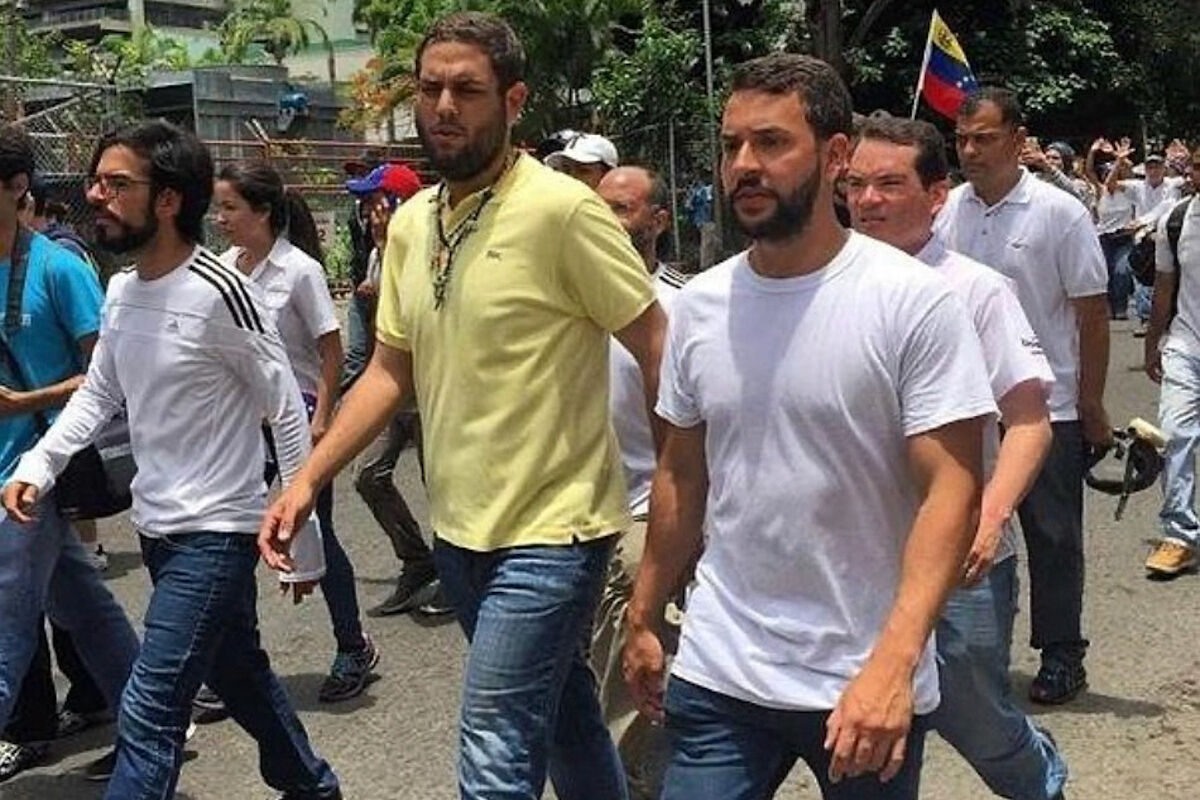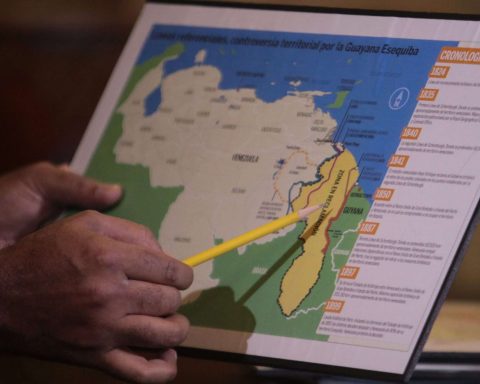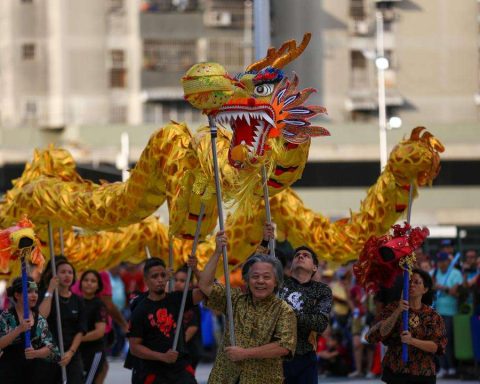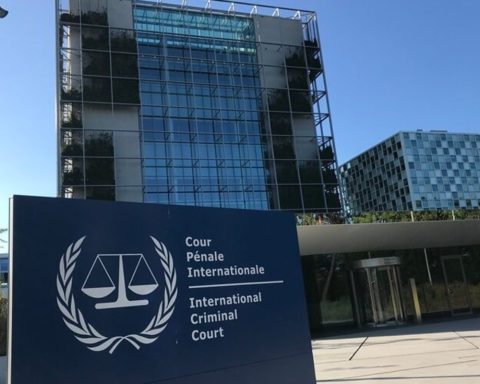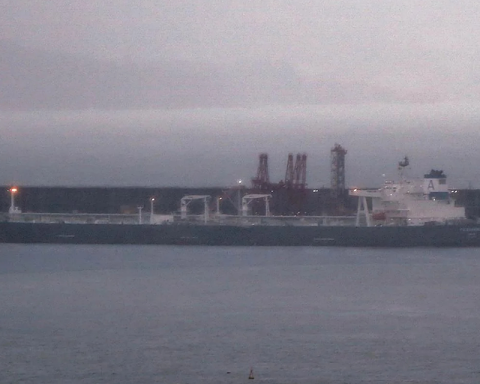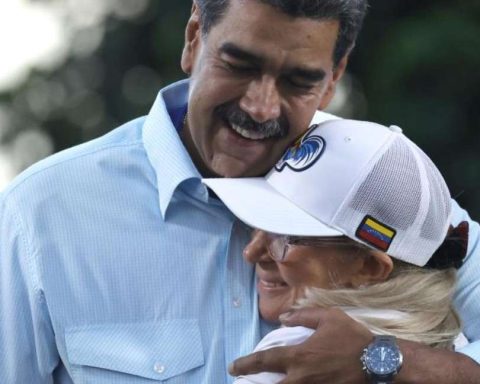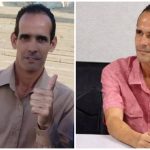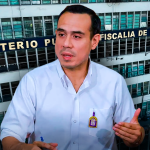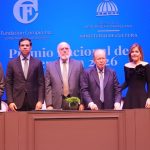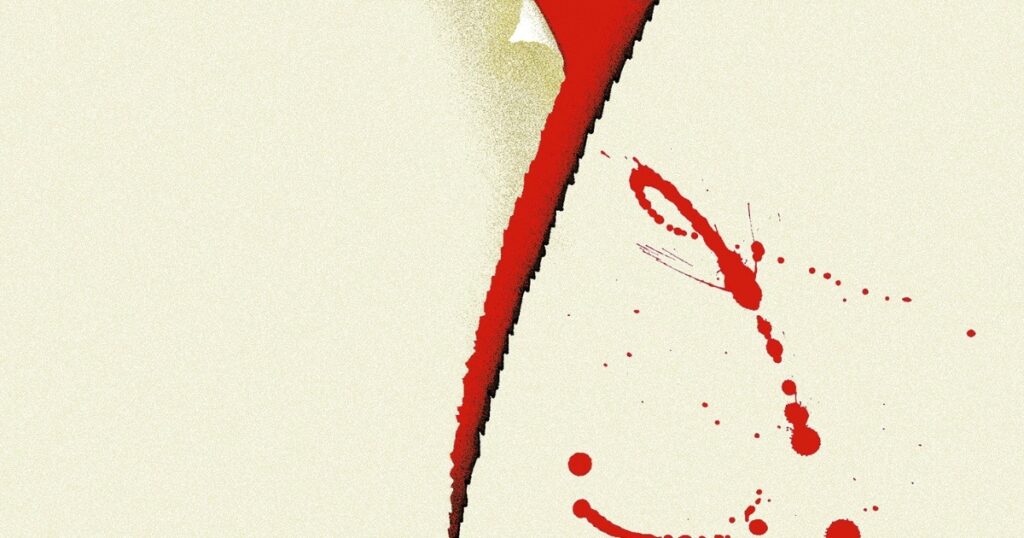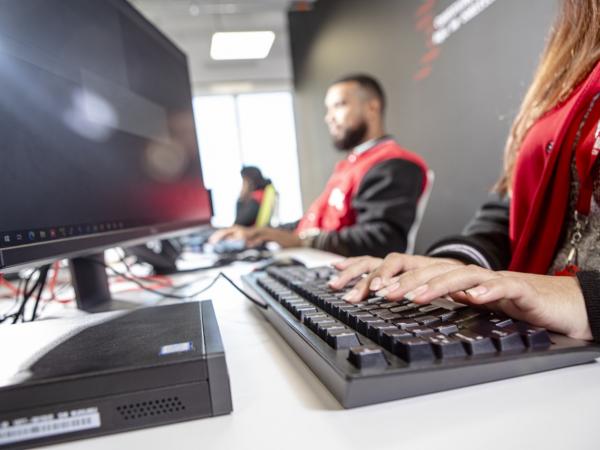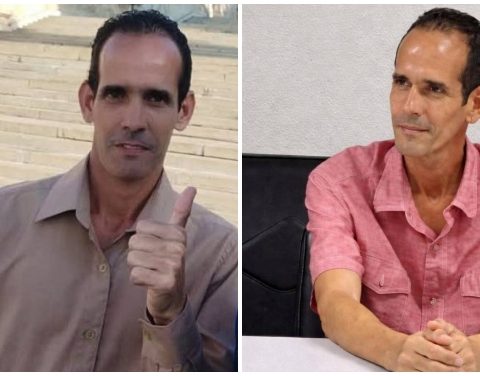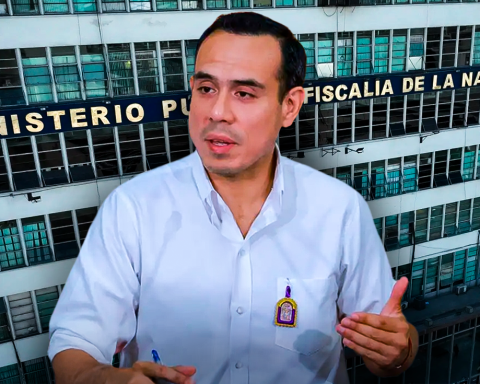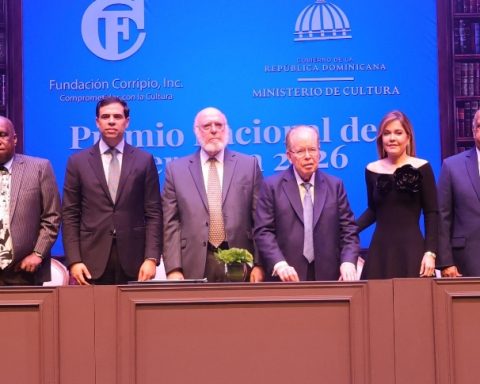The court corrects Interior and assures that Hugo Alejandro Mora could be tortured by the regime and deserves “maximum protection”
The National audience has agreed to grant asylum in Spain to the Venezuelan opposition leader Hugo Alexander Mora, to whom the Government had denied such protection. The ruling of the Contentious-Administrative Chamber reproaches the Ministry of the Interior for addressing his case as that of “a mere opponent” of the regime of Nicholas Madurowithout taking into account that he was a political leader against whom Chavismo had already acted.
“The resolution incurs in a flagrant omission of the analysis of the personal and political conditions of the applicant. It is not a mere opponent of the regime, it is a member of an opposition political party, -at least, qualified-, of which some of its leaders has been imprisoned, and suffers or has suffered restrictive measures of freedom, with a trajectory of open opposition to the current regime”, affirms the sentence, of which the magistrate has been rapporteur Gerardo Martinez Tristan.
The court considers that the decision to deny him refugee status “and allow him to remain in Spain only for humanitarian reasons was not in accordance with the law.” This type of humanitarian protection, much inferior to the protection granted by asylum, is subject to annual review and greatly limits the ability of the affected person to move.
In his asylum application, Mora indicated that he was the leader of the opposition party justice firstone of the most relevant in the Venezuelan opposition and to which he belongs Henrique Capriles. The situation became untenable in the summer of 2018, when the regime included Mora among those accused of “planning and financing” the attack that Maduro suffered in Caracas on August 4, 2018.
The ‘attack’ against Maduro
That day, during the military parade in commemoration of the creation of the Bolivarian National Guard, the platform of authorities in which Maduro was giving a speech was attacked by an explosive-laden drone. According to the investigation, the device could have been diverted by the security services and exploded further than expected. There were minor injuries, but Maduro was unharmed.
Mora’s brief goes on to say that a few days later “he was informed that he was included in the Prosecutor’s accusation file” for the attack, “having to leave the country on the recommendation of his lawyers, since he had been appointed in court hearing with a presumed arrest warrant”. I left for Spain and Colombia through the Tchira border.
“He was forced to leave Venezuela“, continues the request for asylum, “and evade judicial persecution against his person by being directly linked to the case, where the deputy was arrested and imprisoned Juan Carlos Requensesbased on a montage of false evidence to involve them in the failed attack […]. All kinds of human rights violations have been committed in this procedure.”
Mora flew to Spain, where he applied for asylum. In June 2020, the Interior denied him asylum and the possibility of availing himself of subsidiary protection, although it did authorize his stay in Spain for humanitarian reasons.
Lawyer’s arguments
After appealing the decision, last December the State Attorney, on behalf of the Government, ratified its decision to oppose asylum. “In the present case,” the revoked resolution stated, “from the documentation and allegations in the file, it appears that there is insufficient evidence regarding the applicant’s profile to support an objective fear of being potentially persecuted as a result of his or her opinions.” policies.”
Mora explains that after his departure from Venezuela to Spain “his old residence has been besieged and his father threatened, fearing that if he returned to Venezuela he would be subjected to violence until his death, as they have made known to his family.”
Mora contributed to the asylum file letters from opposition leaders that “endorse”, according to the court, “his status as a leader, his history of opposition, expressed on multiple occasions, and, what we consider decisive, [que est] immersed in an investigation that led to another of the leaders of his party, Mr. Requesens, in prison”.
One of the letters in favor of Mora is from Requesens himself, one of the main opposition figures in Venezuela and who spent two years in prison after the attack. also the deputy Julio Borges -first person in charge of Foreign Affairs of the president in charge, John Guaid– I sent a letter of support to Mora. The National Secretary of Primero Justicia did the same thing, Edison Ferrer.
Criticism of Interior
The National High Court considers that the Ministry of the Interior “has passed over these circumstances without making any observations or assessments, remaining on the surface of the problem saying that it is a mere opponent, who by giving him permanence in Spain for humanitarian reasons has already satisfies your request for international protection”.
“The situation is not, therefore, that of any citizen who opposes the Venezuelan Regime as established in the appealed resolution, but rather that of a leader of an opposition political party, being suspected of his collaboration in very serious acts.” […] Therefore, it is reasonable to think that upon his return to Venezuela he could be subject to persecution by the Venezuelan Government or its executive terminals, being able to be detained, tortured and subjected to inhuman and degrading treatment typical of the current Bolivarian regime that prevails in Venezuela, as confirmed by the international sources consulted”.
“For this reason,” the Court concludes, “the degree of protection that must be offered must be the maximum, this is that corresponding to the declaration of refugee, and not only that of staying in Spain for humanitarian reasons.”
According to the criteria of
